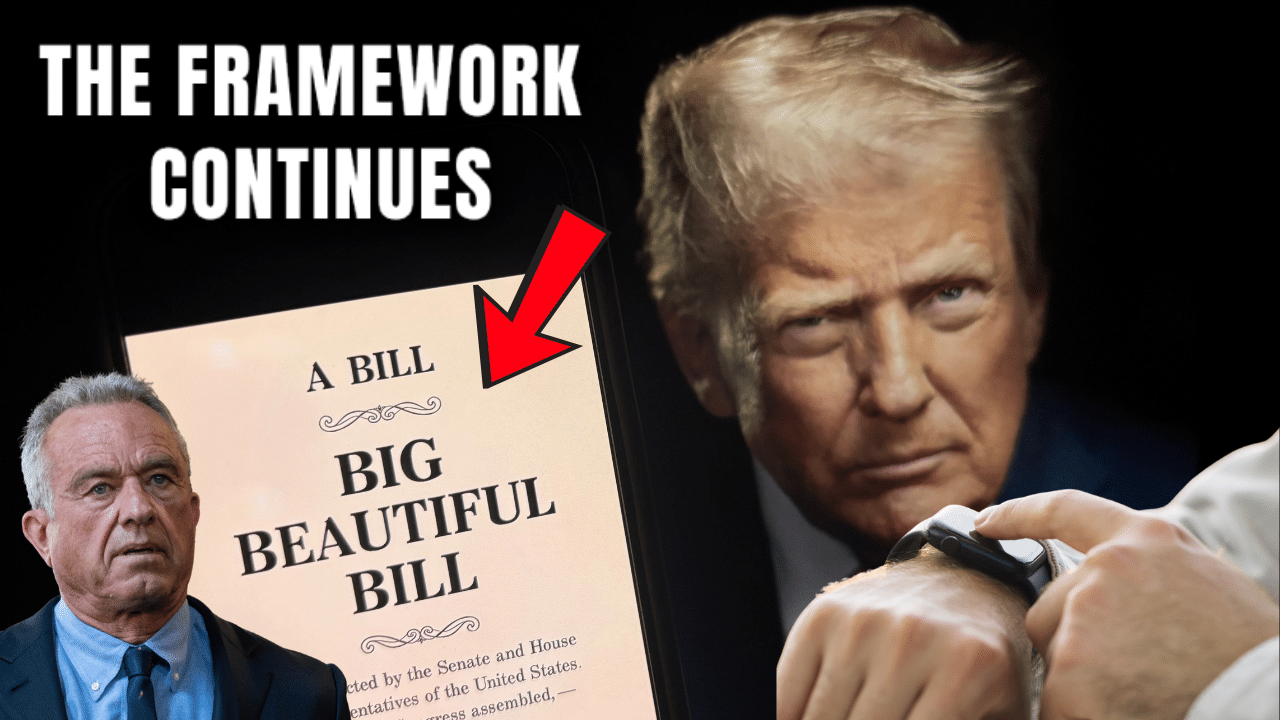A couple in Hertfordshire, England, found themselves in handcuffs after voicing complaints about their daughter’s school via WhatsApp and email.
The arrests of Maxie Allen and Rosalind Levine have ignited debates about freedom of speech, parental rights, and the limits of police intervention in community disputes. Multiple news outlets have covered the incident, shedding light on the details and public reaction.
According to The Independent, the saga began when Allen and Levine, frustrated with issues at Cowley Hill Primary School, expressed their grievances through a barrage of messages and emails.
The school deemed the communications “excessive and upsetting” to staff, parents, and governors, prompting them to involve Hertfordshire police.
The couple was arrested in January on allegations of harassment and malicious communication. However, after an investigation, police concluded there was insufficient evidence to pursue further action, and no charges were filed.
The scale of the police response has drawn particular scrutiny. Reports indicate that six uniformed officers and three police cars descended on the couple’s home, detaining them in front of their daughter.
They were held in custody for eight hours before being released. This heavy-handed approach has fueled outrage among some observers, with posts on X calling it a “ridiculous overreach” and evidence of a “police state.”
One user remarked on the disproportionate resources deployed, questioning the use of such force for what appears to be a civil dispute.
Other news sources have provided additional context. A report circulating on X, linked to various articles, emphasized the emotional toll on the family, noting that the arrests occurred in view of their child—an detail that has amplified public sympathy.
While the school’s perspective has been less detailed in coverage, The Independent noted their claim that the couple’s actions disrupted the school community, suggesting a pattern of behavior that went beyond typical parental complaints.
The incident has raised broader questions about where the line should be drawn between legitimate criticism and harassment. Hertfordshire police defended their initial response, stating that they acted on the information provided by the school.
Yet, the decision to drop the case has left some wondering if the arrests were an overreaction from the start.
Posts on X reflect a polarized sentiment: some argue the parents crossed a line with their persistence, while others see this as a chilling example of authority stifling dissent.
This is not the first time WhatsApp has been at the center of legal or social controversies.
The app’s private group chats have increasingly become battlegrounds for disputes, from neighborhood spats to political arguments, with authorities occasionally stepping in.
In this case, the combination of digital communication and real-world consequences has struck a nerve, especially as it involves a school—a space where parental involvement is both expected and fraught with tension.










